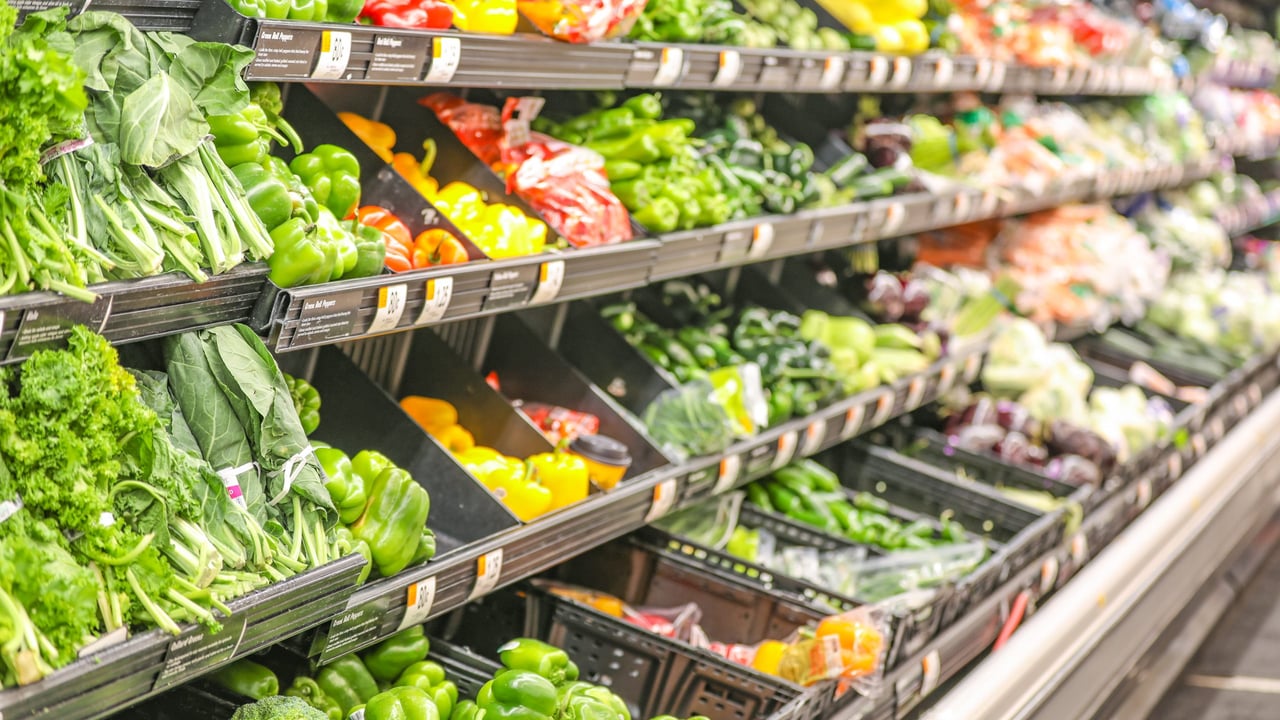Report: Europe's organic retail sales valued at €54.7 billion
In 2023, retail sales of organic products in Europe reached a total of €54.7 billion, including €46.5 billion within the European Union, according to the latest data on organic agriculture in Europe.
The figures were published in the yearbook The World of Organic Agriculture, which was presented at BIOFACH, the trade fair for organic food, today Tuesday, February 11.
The data has shown that Germany is the largest market for organic products, with sales totalling €16.1 billion.
In 2023, the EU was the second largest single market for organic products globally, following just behind the United States which had reported sales of €59 billion.
The EU's organic area continued to grow steadily in 2023, reaching 17.7 million hectares.
The data also shows that organic farmland increased by more than 0.6 million hectares, representing a 3.6% increase in the EU and a 4.1% increase in Europe.
In 2023, organic farmland in Europe constituted 3.9% of the total agricultural land, while it accounted for 10.9% of total agricultural land in the EU.
Globally, Liechtenstein had the highest organic area share at 44.6% in 2023.
Meanwhile, Austria was the EU country with the highest organic area share at 27.3%.
Sixteen European countries reported that at least 10% of their farmland was organic.
The report has shown, that organic producers in the EU increased by almost 2%.
According to the data, there were almost 495,000 organic producers in Europe and nearly 435,000 in the EU in 2023. This represents a year-on-year increase of 1.4% and 1.8% respectively.
In 2023, European consumers spent an average of €66 per person on organic food, and an average of €104 per person within the EU.
Consumer spending on organic food per capita doubled in the decade from 2014 to 2023.
In 2023, Swiss and Danish consumers spent the most on organic food, with €437 and €362 per capita, respectively.





